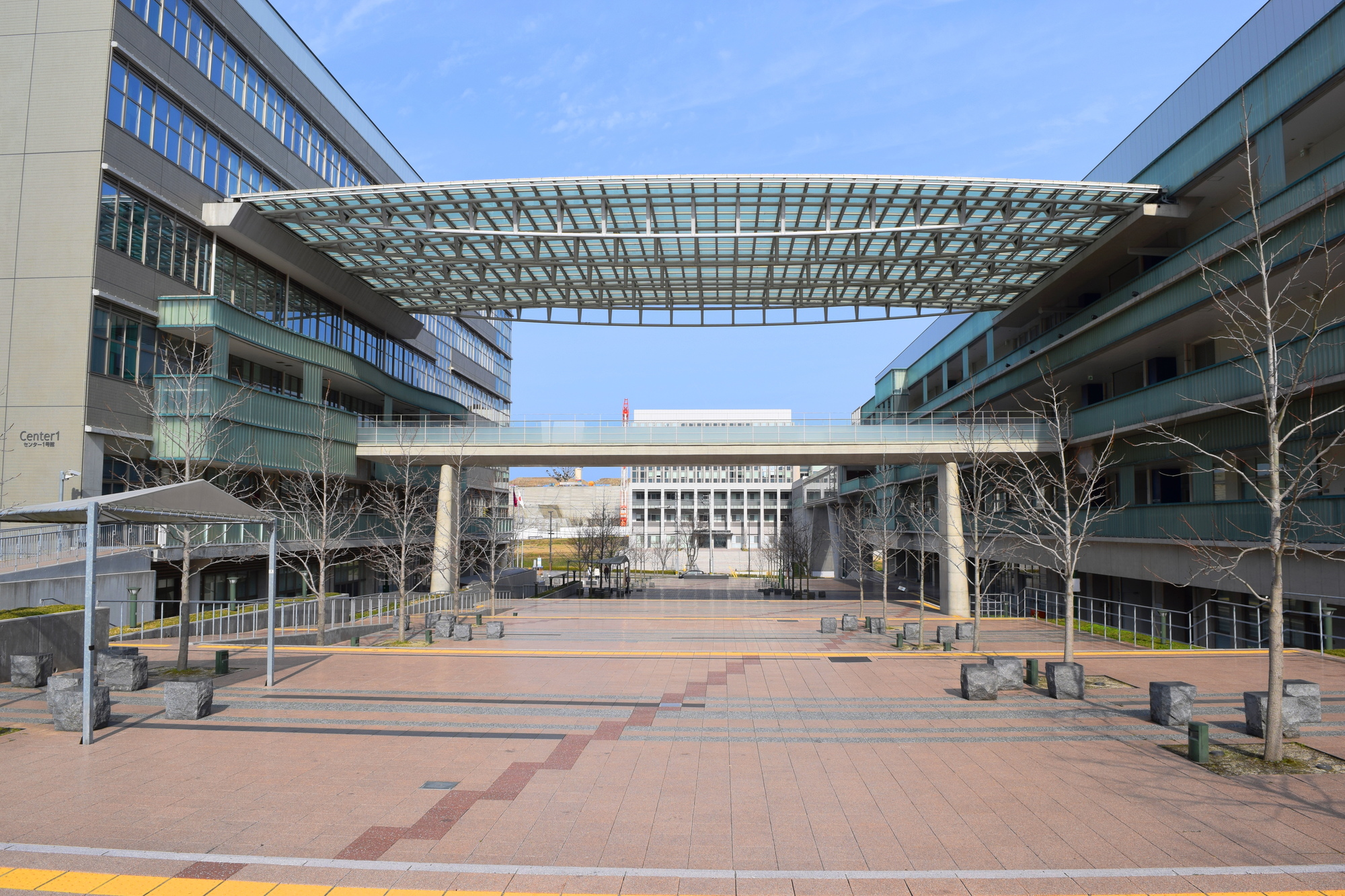A research group led by Kohei Iwamasa, a second-year Ph.D.
Veins of plants play an important role in the transport of water and photosynthetic products. showing diversity.However, conventional research has focused on evaluations based on simple measurement values such as length, diameter, and branching angle. method has not been used.
In this study, we newly developed a simple and highly efficient phenotyping method that combines image analysis, deep learning, and morphometry.By extracting only the leaf veins from the image using a deep neural network model and converting them into graphs, it is possible to calculate network feature values.Using this numerical data, they conducted a mathematical analysis of the hierarchical and complex leaf vein structure, and attempted to identify the regularity and diversity of the "shape" of the leaf veins.
The research group applied the developed phenotyping method to 5 leaf specimens of 479 species and 5 stained specimens of 328 genera included in the leaf vein specimen database of the National Museum of Nature and Science.As a result, we found a one-dimensional distribution of leaf vein shape data, along with a regularity and diversity that transitions from tree-like to loop-like.In addition, this distribution pattern has a trade-off relationship in which changing the shape of the veins to improve any one of them, transport efficiency, formation efficiency, or robustness against damage, will reduce one or both of the others. It has also been found that there is a high possibility that it is in a state of "Pareto optimum".
The approach used in this study is expected to be applied to network structures other than leaf veins in the future.For example, it is expected to serve as an analytical basis for making optimal design proposals based on trade-offs based on functional requirements for specific artifacts.
Paper information:[PLOS Computational Biology] Network feature-based phenotyping of leaf ventilation robustly reconstructs the latent space

